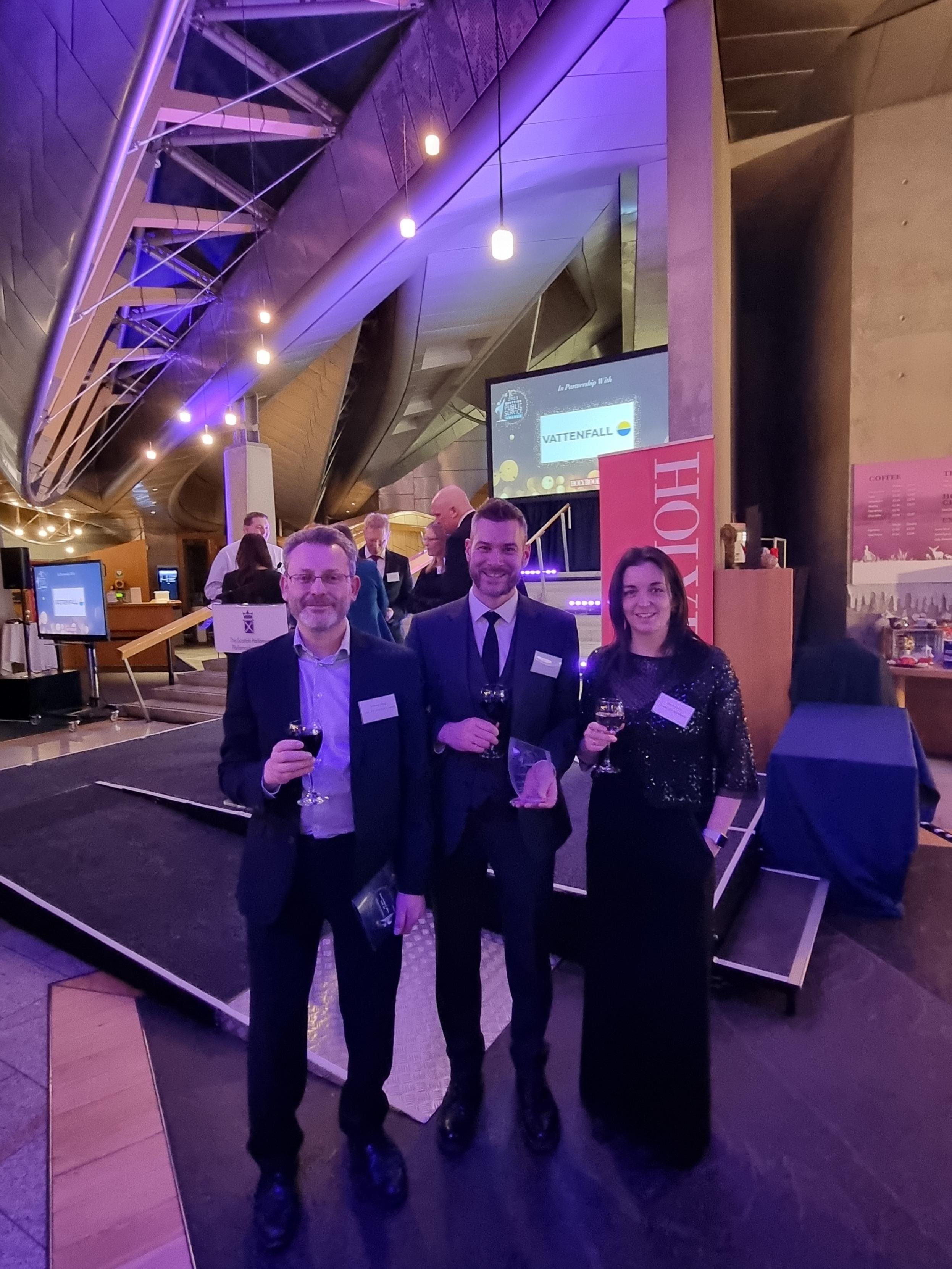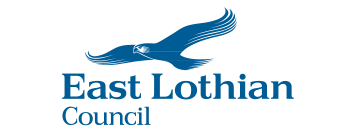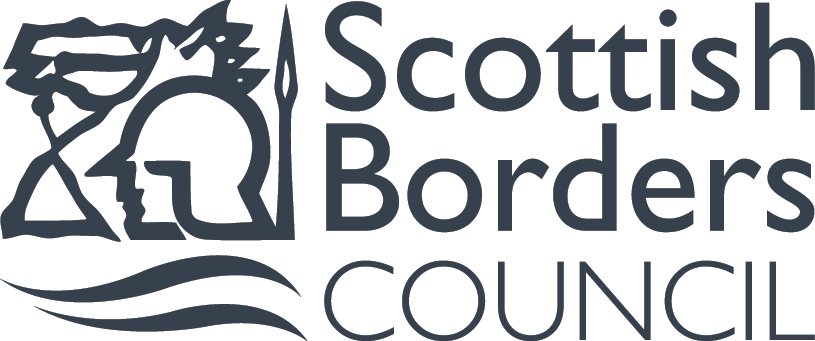The Data Lab upskills more than 1000 learners to address growing digital skills gap
/The Data Lab, Scotland’s innovation centre for data and AI, has announced it has upskilled almost 1,000 learners in data literacy through its Data Skills for Work programme. The vast majority of which are based in Edinburgh and South East Scotland.
Led by The Data Lab, the Data Skills for Work programme is part of the Edinburgh and South East Scotland City Region Deal’s DDI (Data Driven Innovation) Data Skills Gateway at the University of Edinburgh. It aims to address the tech skills gap by offering a series of digital and data courses to support workers adapting to increasingly digitised, automated and data-driven workplaces.
In addition to tackling the skills gap, the programme also aims to encourage more diversity in the workplace. Only 24% of the UK’s tech workforce are women and 14% of UK employees are from BAME backgrounds. Data Skills for Work bucks the trend with almost 70% of learners being women or gender diverse, nearly a quarter being from a minority background, and 10% being disabled or neurodiverse.
The Data Skills for Work programme has received funding from the Edinburgh and South East Scotland City Region Deal, the Scottish Government, and the Tay Cities DigiTay project to fund training places for individuals across Scotland. The Data Lab has extended its work with DigiTay and will offer more data and upskilling courses to Tay Cities learners in 2024/25, aiming to reach upwards of 200 additional people across Tay Cities, Edinburgh and South East Scotland.
Anna Ashton Scott, Programme Manager for Professional Development at The Data Lab, said: “The pace of technological change shows no signs of slowing down. Workplaces are becoming increasingly reliant on technology and, with data now at the heart of many aspects of our professional lives, those who can’t keep up risk being left behind. While these changes certainly bring positives, it’s crucial we don’t let others fall by the wayside. The Data Skills for Work programme ensures those most impacted by the changes in digitalisation and AI can learn the skills they need, not only to survive in their chosen fields but to thrive in them.
“And the initial feedback we’ve received tells us it’s working. It has been extremely satisfying to see a significant number of learners either secure a data related role or progress in their careers following completion of the course.
“We’re excited to expand the programme further and look forward to seeing more learners join the scheme. Diversity has been a major focus for us, and we hope to continue empowering individuals regardless of their background, gender, or location to create a more diverse, skilled and inclusive workforce for all.”
Dilraj Sokhi-Watson, Director at Equate Scotland and a graduate of the Data Skills for Work programme, said: “With more than 10 years of experience in my field, there is still much more to data skills than I had realised. Before joining the programme, I was keen to bridge the gap between my existing expertise and the rapidly changing technology the team are using daily. I was also keen to develop skills that would allow me to implement strong practice in data governance, management and strategy across my team.
“Being part of Equate Scotland, diversity and encouraging more women into STEM careers has always been important to me. It’s rewarding to see the meaningful change being driven by the Data Skills for Work programme and how it contributes to achieving a more inclusive and innovative STEM sector for Scotland.”
The Data Skills Credits scheme, funding run by Data Skills for Work to ensure learners can undertake courses for free, will be open for training providers to apply this April. It will help to create over 200 training places across Tay Cities, Edinburgh and South East Scotland.











